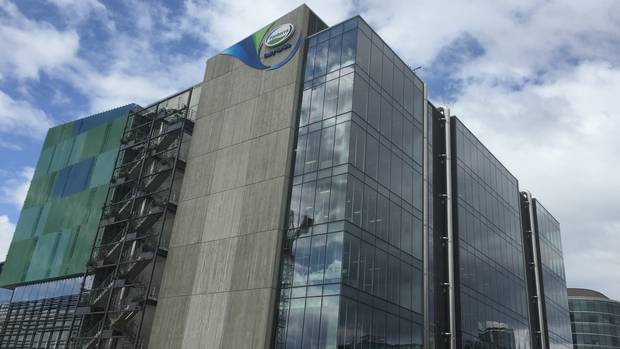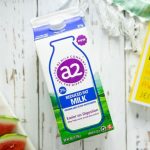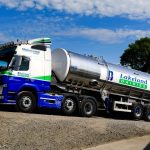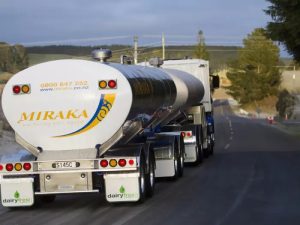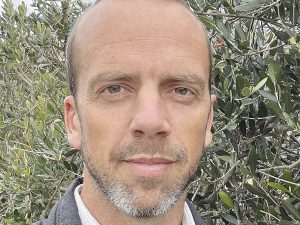
Not only is New Zealand’s largest company attempting to turn around disastrous financial results but it must win back the trust of its farmer shareholders. And that will take a bit of doing, judging by the mood at the co-operative’s annual meeting in Invercargill last week.
Chairman John Monaghan, not surprisingly, received a grilling from some shareholders, with one going so far as to tell him he did not deserve to be chairman.
Jan Marten Kingma asked him to ”do the honourable thing” and resign for the benefit of a credible future for Fonterra, saying the past could not be forgotten and an apology was needed for the mistakes and failures made.
In Southland, Fonterra’s supply base was quickly eroding because of that lack of accountability and credibility, Mr Kingma said.
Another shareholder said Fonterra shareholders had been a ”laughing joke”, unable to walk around with pride, while Mr Monaghan was asked how the board would rebuild trust.
It was not all rough going – some of the organisation’s efforts earned praise – but Fonterra’s past performance, including its biggest net loss of $605million for the July year that sparked asset sales and a significant change in direction, was a target.
Mr Monaghan, to his credit, acknowledged the pain that had been felt by shareholders, particularly the drop in share price, while saying that he had never been more confident about the new strategy or the level of support for it.
He has promised that it will do more listening than talking – ”when we listened to our farmers, unit holders, customers, partners and other stakeholders, they told us that they wanted to be part of our co-op but that we needed to show up differently”.
And it is showing up – as it needs to – in a much more low-key way than the previous era of former chief executive Theo Spierings, the man with the telephone number salary who failed to deliver.
Costs are being slashed; it has reduced its global headcount by more than 1400 people, frozen salaries for employees earning more than $100,000 and decided not to pay performance bonuses for the financial year.
A portfolio review – described by Mr Monaghan as ”not a fire sale” – continues, as it considers its options for its ownership of its previously much-vaunted China Farms, Dairy Partners Americas which was its joint venture in Brazil, and it begins the process of selling down its 18.8% shareholding in Beingmate.
The focus was on value, with the co-operative having ditched its previous volume-based ambition, and the realisation that it did not have to be ”all things to all people”.
Chief executive Miles Hurrell – whose approachable manner seems popular with farmers – was under no illusions about the pathway forward, saying Fonterra knew it needed to deliver for its farmer owners, unit holders and for all of New Zealand.
Dairy farmers have had a tough time; not only has there been Fonterra’s woeful performance but they are also facing the uncertainty around the Government’s policy announcements on climate change and freshwater, and the continued response to Mycoplasma bovis.
And in all of this, dairy’s contribution to New Zealand’s economy cannot be understated – generating $1.1billion in Otago-Southland regional GDP in 2017-18, and earning New Zealand about $17.5billion in export revenue this year.
The sector also employs 46,000 workers – the population of Timaru, or more than all those living in Wellington’s Upper Hutt.
Mr Monaghan says Fonterra is ”not broken”, and he is confident that, when we look back at 2019 a few years from now, it will be to mark the beginning of another period of success for the co-operative. Let’s hope he’s right – for everyone’s sake.
